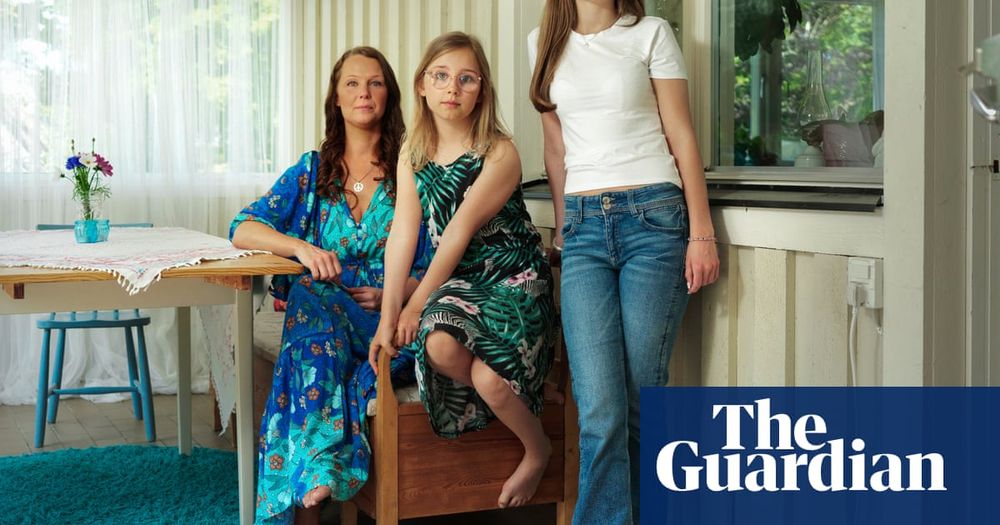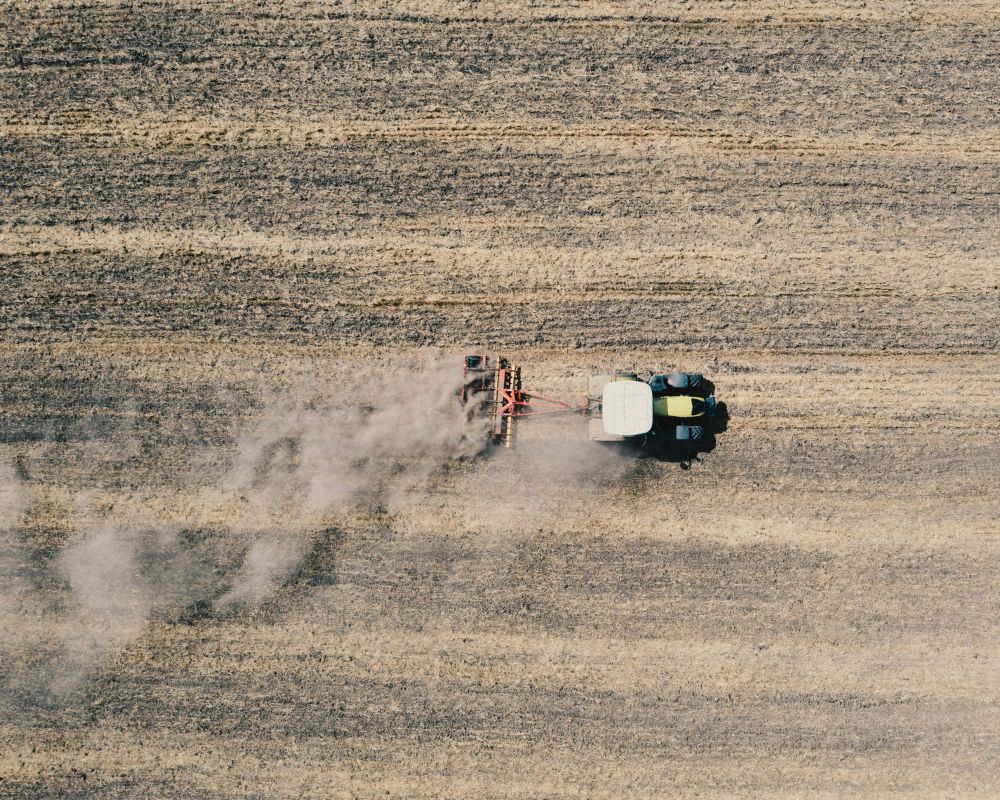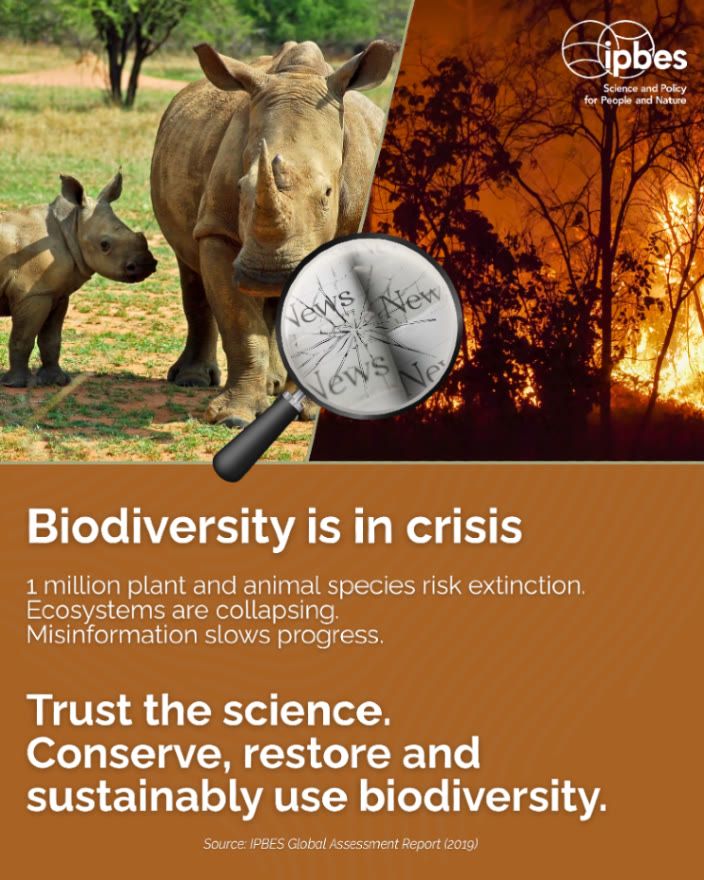Marlene Ågerstrand
@marleneagerstrand.bsky.social
270 followers
140 following
77 posts
Assoc Prof, Stockholm University. Science-policy interactions in risk assessment and management of chemicals. https://www.su.se/english/profiles/maag1201-1.191239
Posts
Media
Videos
Starter Packs
Reposted by Marlene Ågerstrand
Reposted by Marlene Ågerstrand
Reposted by Marlene Ågerstrand
Reposted by Marlene Ågerstrand
Reposted by Marlene Ågerstrand
Reposted by Marlene Ågerstrand
Reposted by Marlene Ågerstrand
Reposted by Marlene Ågerstrand
Reposted by Marlene Ågerstrand
Mariah Blake
@mariahblake.bsky.social
· Jun 19

Poison in the water: the town with the world’s worst case of forever chemicals contamination
The long read: When a small Swedish town discovered their drinking water contained extremely high levels of Pfas, they had no idea what it would mean for their health and their children’s future
www.theguardian.com

















